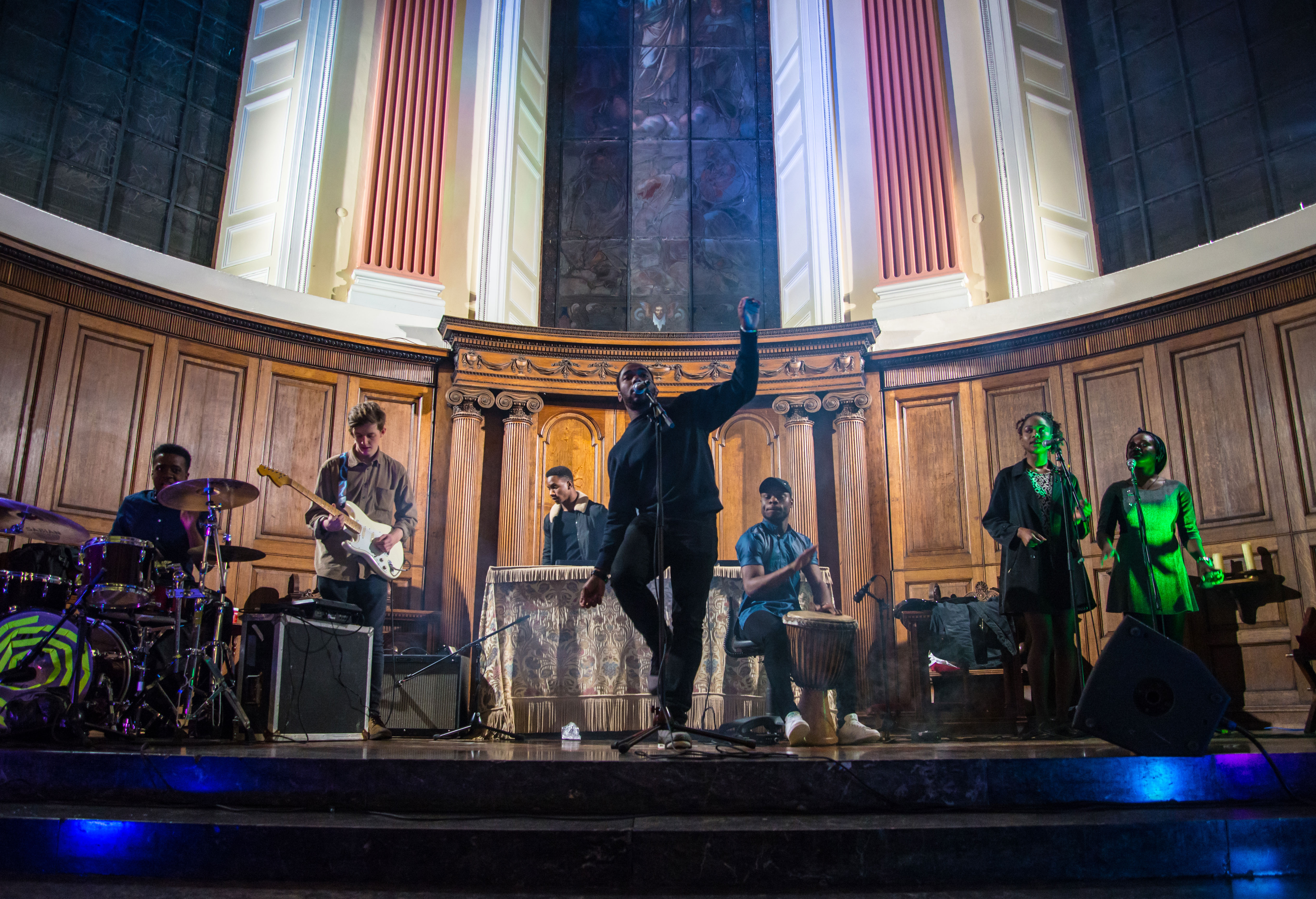
Trinity Afro Caribbean Society was founded in 2006 to provide a space for students to celebrate the rich culture of the diverse African and Caribbean regions. The society holds a wide range of events designed to showcase aspects of these cultures, with these events ranging from movie nights to djembe drumming classes to food tastings.
This year, the society is expanding their horizons and coming up with new and ambitious plans. Ifeolutembi Fashina, treasurer of the society, studies human genetics and has been a member since first year. Now in her third year, she states to The University Times that she wanted “to get the society to do new things and dream bigger”. This sentiment is echoed by Femi Falana, President of the society. The final-year engineering with management student hopes to introduce “new educative events” rather than just repeating the same tried-and-tested ones which have worked in the past. “It’s an experimental process, but it’s been fun none the less”, he tells The University Times.
One such event was their first ever panel discussion, Letters from the Motherland, which took place on October 6th. The discussion covered a diverse range of historical and contemporary issues. They compared musical legends Bob Marley and Fela Kuti and asked which had the bigger impact as well as raising serious questions about cultural appropriation, the ban on natural hair in a school in South Africa, the use of the n-word and the slave rebellion led by Nat Turner. Understandably, there were some controversial moments, with students proving to be incredibly opinionated and engaged. Falana emphasises that some great points were raised by both sides and that the event was a resounding success. They aim to continue similar events in the future. Society PRO and fourth-year mechanical engineering student, Joseph Adegbemi, explains that the event helped to open his mind to other perspectives. Next term, the society hopes to host two professors from Kings College London to give a talk on precolonial Africa.
This new focus on more academic and informative events does not detract from the society’s enduring commitment to fun, as evidenced by their combined dancing and drumming workshop on October 26th. A reception, with African and Caribbean food, followed in Trinity’s Biomedical Sciences Institute (TBSI). The society have their very own drumming instructor, Charlie Adebayo, and often work with other societies to showcase their drumming skills. Drummers from the committee were invited to perform at this year’s Into the Woods, hosted by Trinity Arts Festival (TAF), where the drummers were given free rein to express themselves, with Adegbemi recalling that TAF told them to “just go there and do you”.
The society have an evident love of music and put an enormous amount of work into their Afro-Jam event, which took place last night in the Chapel. The event was designed to promote AfroFunk, Soul, RnB and Jazz Sounds, consisted of performances from seven local and international acts: Jafaris, NC Grey, Uniiquesoul, Ajo Arkestra, WASP, Debola Shomoye and AYLO. Amazingly, so many acts wanted to get involved with the event that the society found the hardest thing to do was actually cut down the list of proposed guests. The three-hour event joins a series of events run by this society that centre on positivity and celebration. The night even ended with a jam session where audience members were persuaded to get involved!
Organising such successful events can be stressful. The president mentions that the society once boasted 15 committee members but this year that has been reduced to 10. This means that everyone has more responsibility and has to dedicate more time to the society. However, he enjoys motivating people and says that past successes serve as an excellent motivational tool. Once committee members see an event going well, “they’re up and ready for the next event”. Being on committee can also just be a way to do what you love, as Adegbemi relates: “I’m always on social media 24/7, and being PRO made me realise I can be on social media for a reason.” Fashina, meanwhile, acknowledges the encouragement and support of the CSC.
Adegbemi makes it clear that the Afro-Caribbean society is welcoming and inclusive. Anyone with an interest in African or Caribbean culture is welcome to join and the society will do their best to cater to each member’s needs. Falana expresses his hope of using the society’s platform to promote the unique talents of their members as well, from photographers to models and bloggers. It is this dedication to their members, as well as their willingness to innovate, which promises continued success for the society.






